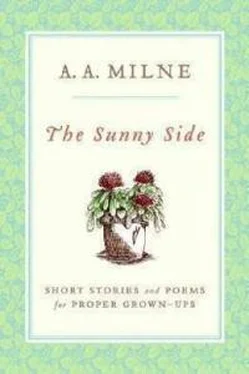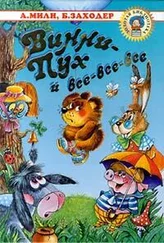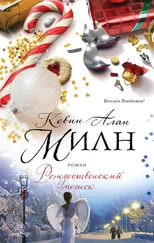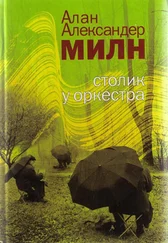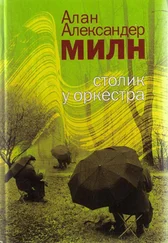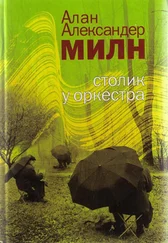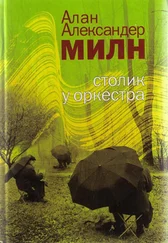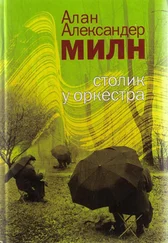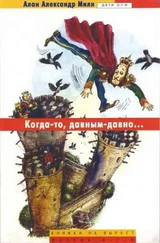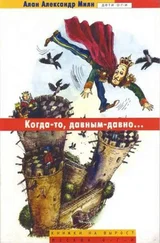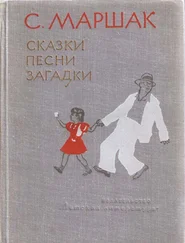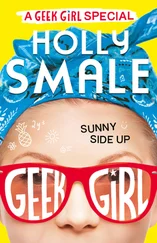I found John. He was quite pleased with the idea, and promised to return the pianola when he got sick of it.
So on Wednesday it went. I was not sorry, because in its silence it was far from beautiful, and we wanted another book–case badly. But on Tuesday evening—its last hours with us—I had to confess to a certain melancholy. It is sad to part with an old and well–tried friend, particularly when that friend is almost entirely responsible for your marriage. I looked at the pianola and then I said to Celia, "I must play it once again."
"Please," said Celia.
"The old masterpiece, I suppose?" I said, as I got it out.
"Do you think you ought to—now? I don't think I want to hear a charge of the Uhlans—beasts; I want a charge of our own men."
"Art," I said grandly, "knows no frontiers." I suppose this has been said by several people several times already, but for the moment both Celia and I thought it was rather clever.
So I placed the roll in the pianola, sat down and began to play….
Ah, the dear old tune….
Dash it all!
"What's happened?" said Celia, breaking a silence which had become alarming.
"I must have put it in wrong," I said.
I wound the roll off, put it in again, and tried a second time, pedalling vigorously.
Dead silence….
Hush! A note … another silence … and then another note….
I pedalled through to the end. About five notes sounded.
"Celia," I said, "this is wonderful."
It really was wonderful. For the first time in its life my pianola refused to play "The Charge of the Uhlans." It had played it a hundred times before the War, but now—no!
We had to have a farewell piece. I put in a waltz, and it played it perfectly. Then we said good–bye to our pianola, feeling a reverence for it which we had never felt before.
* * * * *
You don't believe this? Yet you promised you would … and I still assure you that it is true. But I admit that the truth is sometimes hard to believe, and the first six persons to whom I told the story assured me frankly that I was a liar. If one is to be called a liar, one may as well make an effort to deserve the name. I made an effort, therefore, with the seventh person.
"I put in 'The Charge of the Uhlans,'" I said, "and it played 'God Save the King.'"
Unfortunately he was a very patriotic man, and he believed it. So that is how the story is now going about. But you who read this know the real truth of the matter.
As soon as Celia had got a cheque–book of her own (and I had explained the mysteries of "― & Co." to her), she looked round for a safe investment of her balance, which amounted to several pounds. My offers, first of an old stocking and afterwards of mines, mortgages and aerated breads, were rejected at once.
"I'll leave a little in the bank in case of accidents," she said, "and the rest must go somewhere absolutely safe and earn me five per cent. Otherwise they shan't have it."
We did what we could for her; we offered the money to archdeacons and other men of pronounced probity; and finally we invested it in the Blanktown Electric Light Company. Blanktown is not its real name, of course; but I do not like to let out any information which may be of value to Celia's enemies—the wicked ones who are trying to snatch her little fortune from her. The world, we feel, is a dangerous place for a young woman with money.
"Can't I possibly lose it now?" she asked.
"Only in two ways," I said. "Blanktown might disappear in the night, or the inhabitants might give up using electric light."
It seemed safe enough. At the same time we watched the newspapers anxiously for details of the latest inventions; and anybody who happened to mention when dining with us that he was experimenting with a new and powerful illuminant was handed his hat at once.
You have Blanktown, then, as the depository of Celia's fortune. Now it comes on the scene in another guise. I made the announcement with some pride at breakfast yesterday.
"My dear," I said, "I have been asked to deliver a lecture."
"Whatever on?" asked Celia.
"Anything I like. The last person lectured on 'The Minor Satellites of Jupiter,' and the one who comes after me is doing 'The Architecture of the Byzantine Period,' so I can take something in between."
"Like 'Frostbites,'" said Celia helpfully. "But I don't quite understand. Where is it, and why?"
"The Blanktown Literary and Philosophical Society ask me to lecture to them at Blanktown. The man who was coming is ill."
"But why you particularly?"
"One comes down to me in the end," I said modestly.
"I expect it's because of my electric lights. Do they give you any money for it?"
"They ask me to name my fee."
"Then say a thousand pounds, and lecture on the need for more electric light. Fancy if I got six per cent!"
"This is a very sordid conversation," I said. "If I agree to lecture at all, it will be simply because I feel that I have a message to deliver … I will now retire into the library and consider what that message is to be."
I placed the encyclopaedia handy and sat down at my desk. I had already grasped the fact that the title of my discourse was the important thing. In the list of the Society's lectures sent to me there was hardly one whose title did not impress the imagination in advance. I must be equally impressive …
After a little thought I began to write.
"WASPS AND THEIR YOUNG
" Lecture delivered before the Blanktown Literary and Philosophical Society, Tuesday, December 8th.
" Ladies and Gentlemen —"
"Well," said Celia, drifting in, "how's it going?"
I showed her how far I had got.
"I thought you always began, 'My Lord Mayor, Ladies and Gentlemen,'" she said.
"Only if the Lord Mayor's there."
"But how will you know?"
"Yes, that's rather awkward. I shall have to ask the Secretary beforehand."
I began again.
"WASPS AND THEIR YOUNG
" Lecture delivered, etc ….
" My Lord Mayor, my Lords, Ladies and Gentlemen —"
It looked much better.
"What about Baronets?" said Celia. "There's sure to be lots."
"Yes, this is going to be difficult. I shall have to have a long talk with the Secretary … How's this?—'My Lord Mayor, Lords, Baronets, Ladies and Gentlemen and Sundries.' That's got in everybody."
"That's all right. And I wanted to ask you: Have you got any lantern slides?"
"They're not necessary."
"But they're much more fun. Perhaps they'll have some old ones of Vesuvius you can work in. Well, good–bye." And she drifted out.
I went on thinking.
"No," I said to myself, "I'm on the wrong tack." So I began again:—
"SOME YORKSHIRE POT–HOLES
" Lecture delivered before the Blanktown Literary and Philosophical Society, Tuesday, December 8th .
" My Lord Mayor, my Lords —"
"I don't want to interrupt," said Celia coming in suddenly, "but—oh, what's a pot–hole?"
"A curious underground cavern sometimes found in the North."
"Aren't caverns always underground? But you're busy. Will you be in for lunch?"
"I shall be writing my lecture all day," I said busily.
At lunch I decided to have a little financial talk with Celia.
"What I feel is this," I said. "At most I can ask ten guineas for my lecture. Now my expense all the way to the North, with a night at an hotel, will be at least five pounds."
"Five–pounds–ten profit," said Celia. "Not bad."
"Ah, but wait. I have never spoken in public before. In an immense hall, whose acoustics—"
"Who are they?"
"Well, never mind. What I mean is that I shall want some elocution lessons. Say five, at a guinea each."
Читать дальше
